Sleep is an essential aspect of our well-being. It affects nearly every area of our lives, from our mood and energy levels to our overall health. However, the quality of sleep is just as important as the quantity. High-quality sleep enables us to wake up feeling refreshed, alert, and ready to face the day. Poor sleep quality can lead to grogginess, irritability, and a host of health issues.
While many factors contribute to sleep quality, dental health and temporomandibular joint disorder (TMJ) are often overlooked. Both can play a significant role in disrupting sleep, leading to restlessness, pain, and even sleep apnea.
Understanding Dental Health and Sleep

The Role of Dental Health in Overall Health
Good dental health is crucial for overall well-being. There's a strong connection between oral hygiene and systemic health. Poor oral care can lead to gum disease, tooth decay, and bad breath. Moreover, it can also increase the risk of developing heart disease, diabetes, and other serious health conditions.
Dental Issues That Affect Sleep Quality
Some dental problems can directly impact your sleep. For instance:
1. Sleep apnea and the role of dentistry: Sleep apnea is a common sleep disorder characterized by pauses in breathing during sleep. Symptoms can be snoring, daytime sleepiness, and reduced sleep quality. Dentists can play a key role in diagnosing and treating sleep apnea, particularly in cases of obstructive sleep apnea caused by issues with the mouth or jaw structure.
2. Sleep apnea and the concurrence of sleep related bruxism: Sleep-related bruxism and sleep apnea are two distinct sleep disorders that can be interconnected and coexist in some individuals. Sleep-related bruxism refers to the clenching or grinding of teeth during sleep, while sleep apnea is characterized by pauses in breathing during sleep, leading to disrupted sleep patterns and oxygen deprivation. Research suggests that there is a significant association between these two conditions, and they often occur together. People with sleep apnea may be more likely to experience bruxism due to the heightened arousal responses associated with sleep apnea episodes, leading to increased muscle activity in the jaw. Conversely, the teeth grinding and jaw clenching in bruxism can exacerbate sleep apnea symptoms by triggering upper airway resistance and leading to more frequent apnea events. Therefore, treating one disorder may potentially improve symptoms of the other. A comprehensive evaluation by healthcare professionals is crucial to identify and manage both sleep-related bruxism and sleep apnea effectively, ensuring a better quality of sleep and overall well-being for affected individuals.
3. Tooth pain and sleep disturbance: Toothaches and other dental issues can cause discomfort during sleep, leading to frequent awakenings and reduced sleep quality. Addressing these dental problems can help improve your sleep and overall well-being.
Temporomandibular Joint Disorder (TMJ) and Sleep

Temporomandibular joint disorder, or TMJ, is a condition that affects the jaw joints and surrounding muscles. Symptoms can include pain, stiffness, and difficulty opening the mouth. The causes of TMJ can vary, ranging from genetics and arthritis to teeth grinding and jaw misalignment.
The Impact of TMJ on Sleep Quality
TMJ can have a significant effect on sleep quality due to the following reasons:
1. Pain and discomfort during sleep: The pain associated with TMJ can make it difficult to find a comfortable sleeping position, leading to restlessness and poor sleep quality. Additionally, teeth grinding or clenching, common symptoms of TMJ, can further disrupt sleep.
2. TMJ-related sleep apnea: In some cases, TMJ can contribute to the development of sleep apnea. Jaw misalignment or muscle tension can obstruct the airway, causing interruptions in breathing during sleep. Addressing the underlying TMJ issues may help alleviate sleep apnea symptoms and improve sleep quality.
Treatment Options for Dental Health and TMJ-related Sleep Issues
Several dental treatments can help address sleep apnea:
1. Oral appliances: Custom-made devices can be worn during sleep to help keep the airway open. These appliances can reposition the jaw, tongue, or soft palate to prevent airway obstruction and improve breathing during sleep.
2. Orthodontic treatment: In some cases, correcting misaligned teeth or jaw issues through orthodontic treatment can help alleviate sleep apnea symptoms. This may involve braces, clear aligners, or other dental devices designed to correct the underlying issues.
TMJ Treatments for Improved Sleep
Various treatment options can help address TMJ-related sleep problems:
1. Physical therapy: Exercises and stretches targeting the jaw muscles can help alleviate TMJ pain and improve sleep quality. A physical therapist can provide guidance on the most effective techniques.
2. Medications: Anti-inflammatory medications or muscle relaxants can help reduce pain and muscle tension associated with TMJ. Always consult a healthcare professional before starting any new medication.
3. Dental splints: Custom-made dental splints, also known as occlusal splints or night guards, can be worn during sleep to help prevent teeth grinding and clenching. These devices can help reduce TMJ symptoms and improve sleep quality.
Tips for Maintaining Dental Health and TMJ for Better Sleep

Establishing a Regular Dental Care Routine
Maintaining good dental health is vital for better sleep. Here are some tips:
1. Brushing and flossing: Brush your teeth at least twice a day and floss daily to remove plaque and prevent tooth decay and gum disease. This helps maintain a healthy mouth and minimize the risk of sleep-disrupting dental issues.
2. Regular dental check-ups: Visit your dentist at least twice a year for professional cleanings and examinations. Regular check-ups can help detect and treat dental problems early, preventing them from affecting your sleep.
Addressing TMJ Issues Early
If you suspect you may have TMJ, it's essential to address the issue as soon as possible:
1. Seeking professional help: Consult a dentist or healthcare professional experienced in TMJ treatment. They can help diagnose the issue and recommend appropriate treatment options.
2. Implementing at-home exercises and self-care: Incorporate jaw exercises and relaxation techniques into your daily routine to help manage TMJ symptoms. Additionally, avoid chewing gum and hard foods that can strain the jaw muscles. Taking care of your TMJ can lead to improved sleep quality and overall well-being.
Consult with a Sleep Specialist
Addressing dental health and TMJ issues is crucial for achieving better sleep quality. By maintaining proper oral hygiene and seeking timely treatment for TMJ, you can significantly improve your sleep and overall well-being.
If you're experiencing sleep issues related to dental health or TMJ, don't hesitate to consult a dental professional or sleep specialist. They can provide personalized care and guidance tailored to your unique needs. At Empower Sleep, we have sleep experts that will simplify sleep care and help you improve your sleep health. Don't underestimate the impact of a healthy mouth on your sleep health.








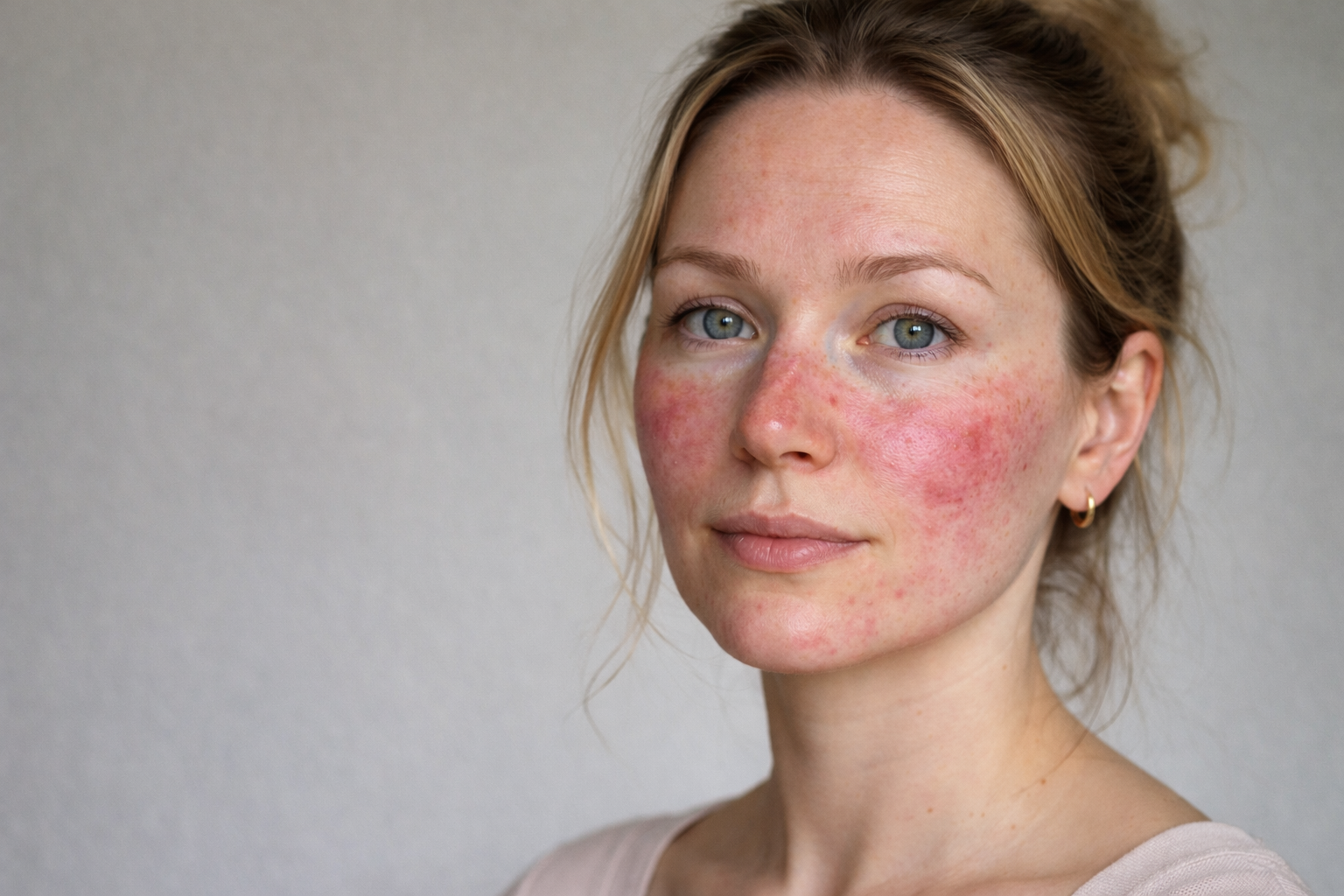

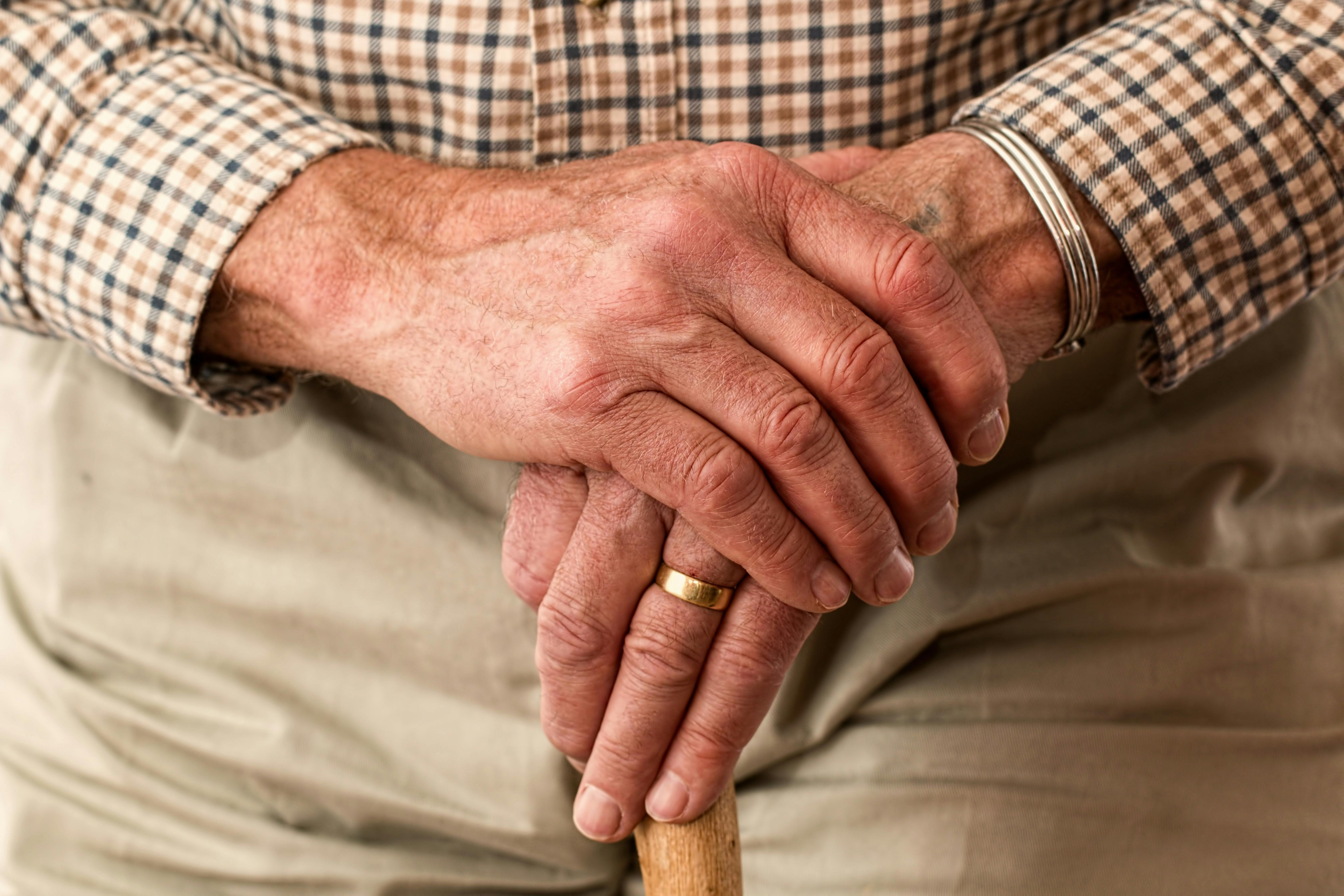
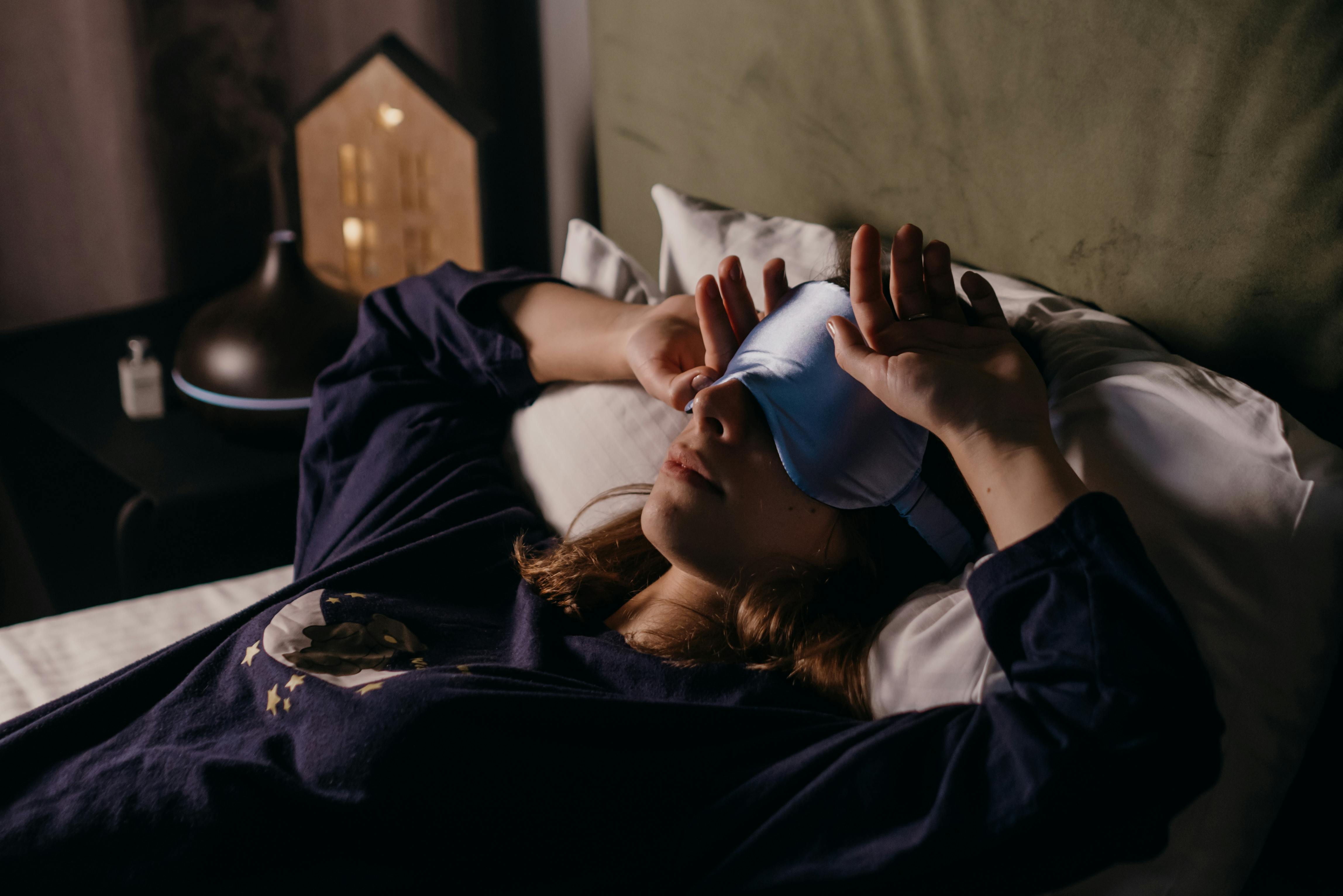




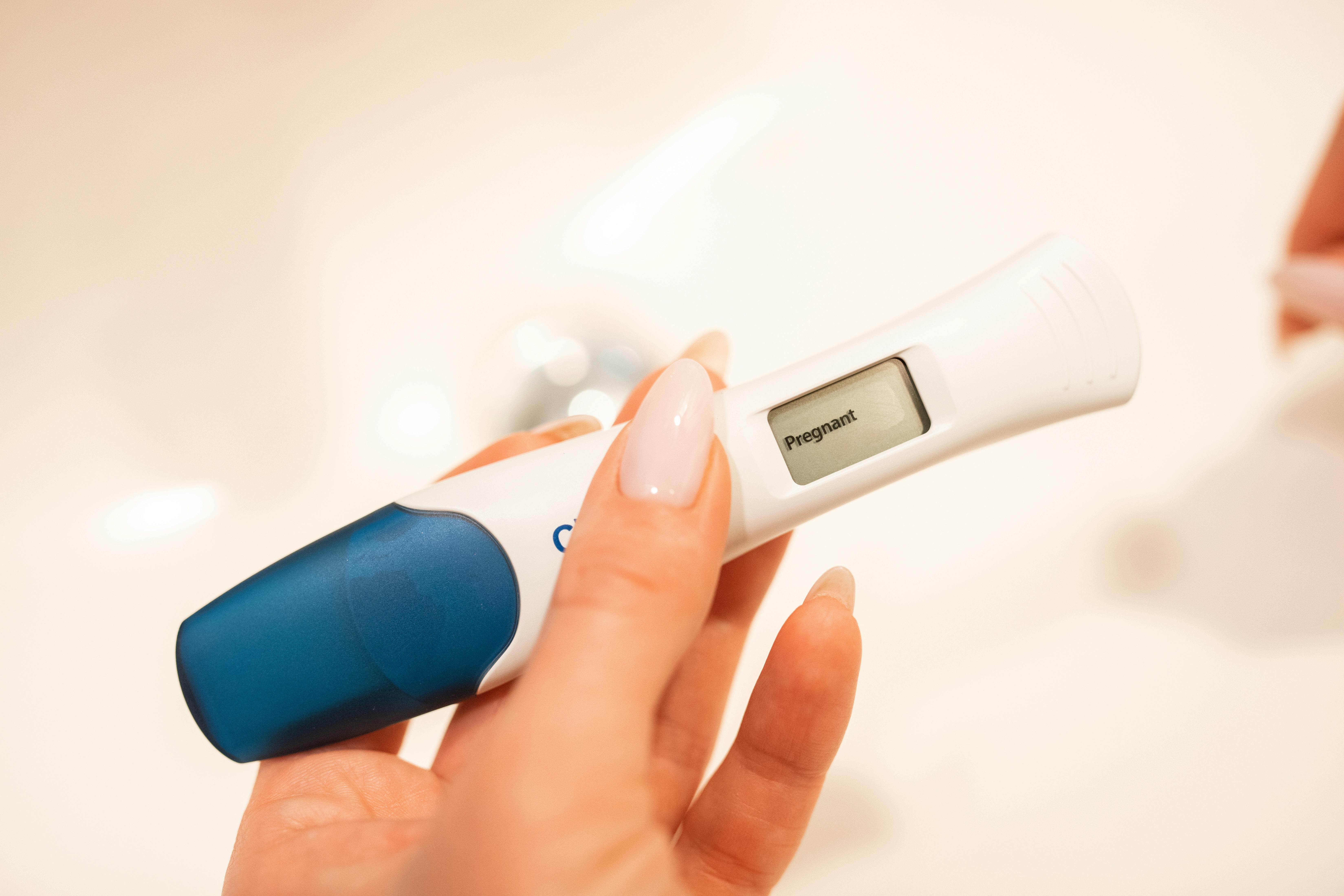





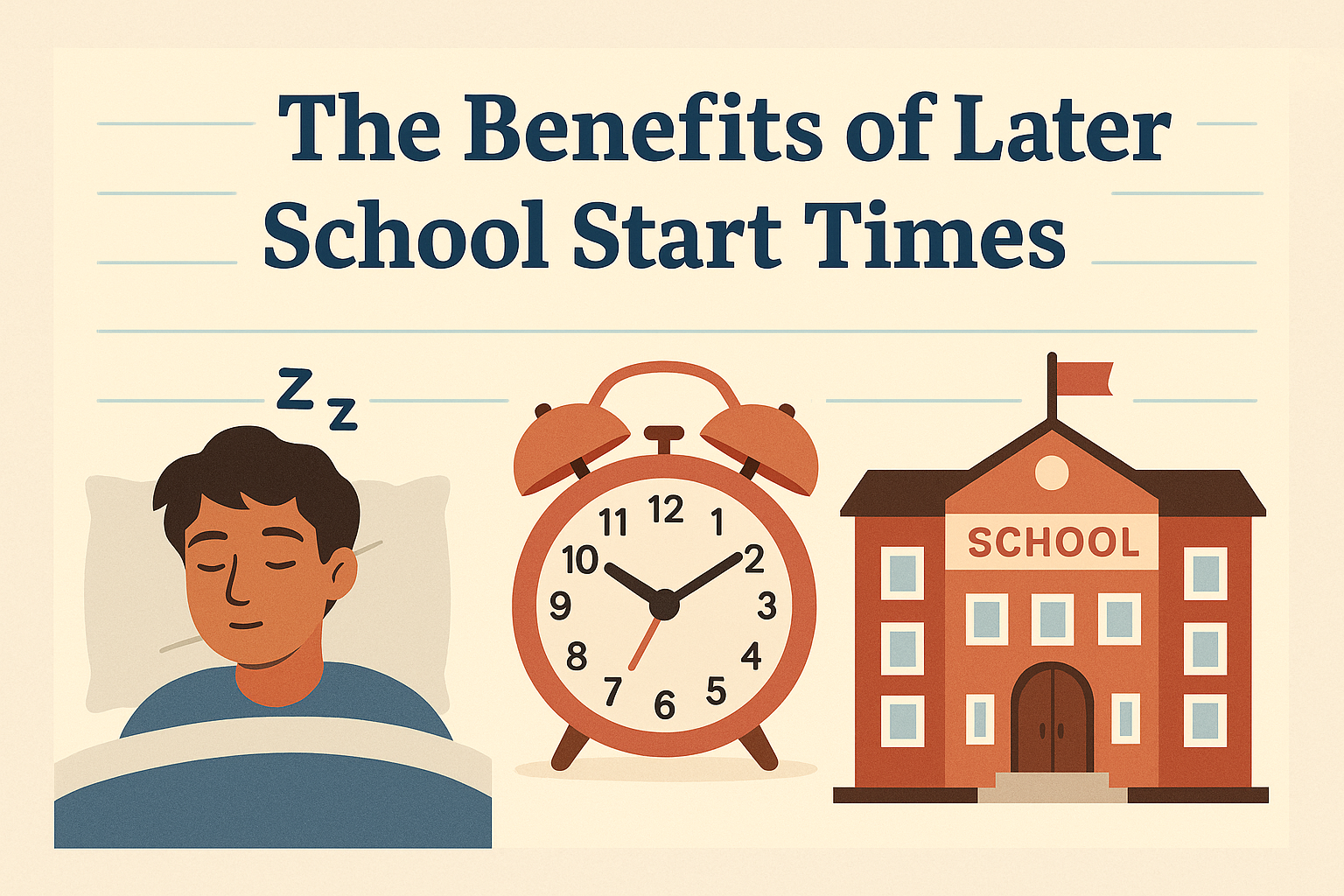

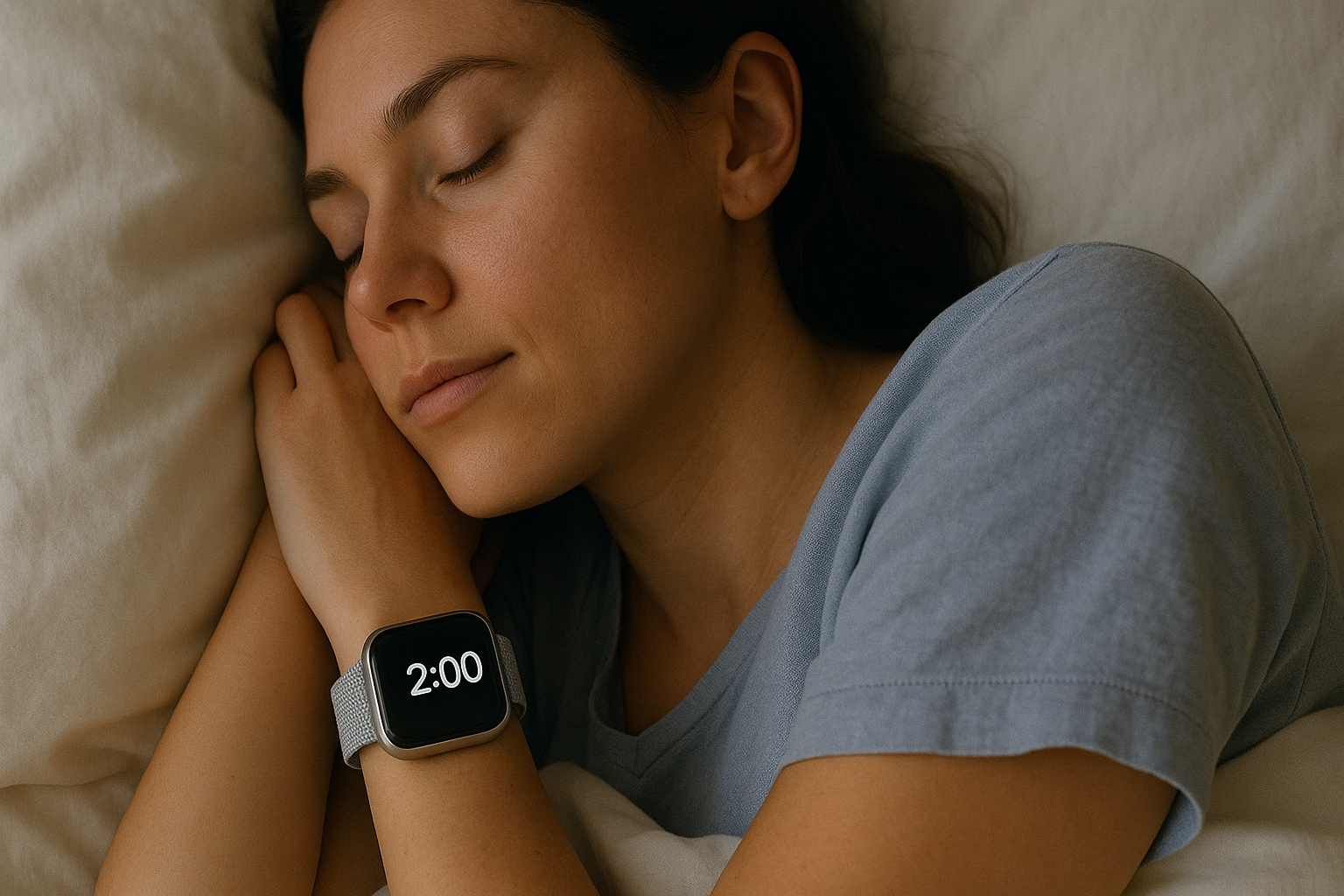


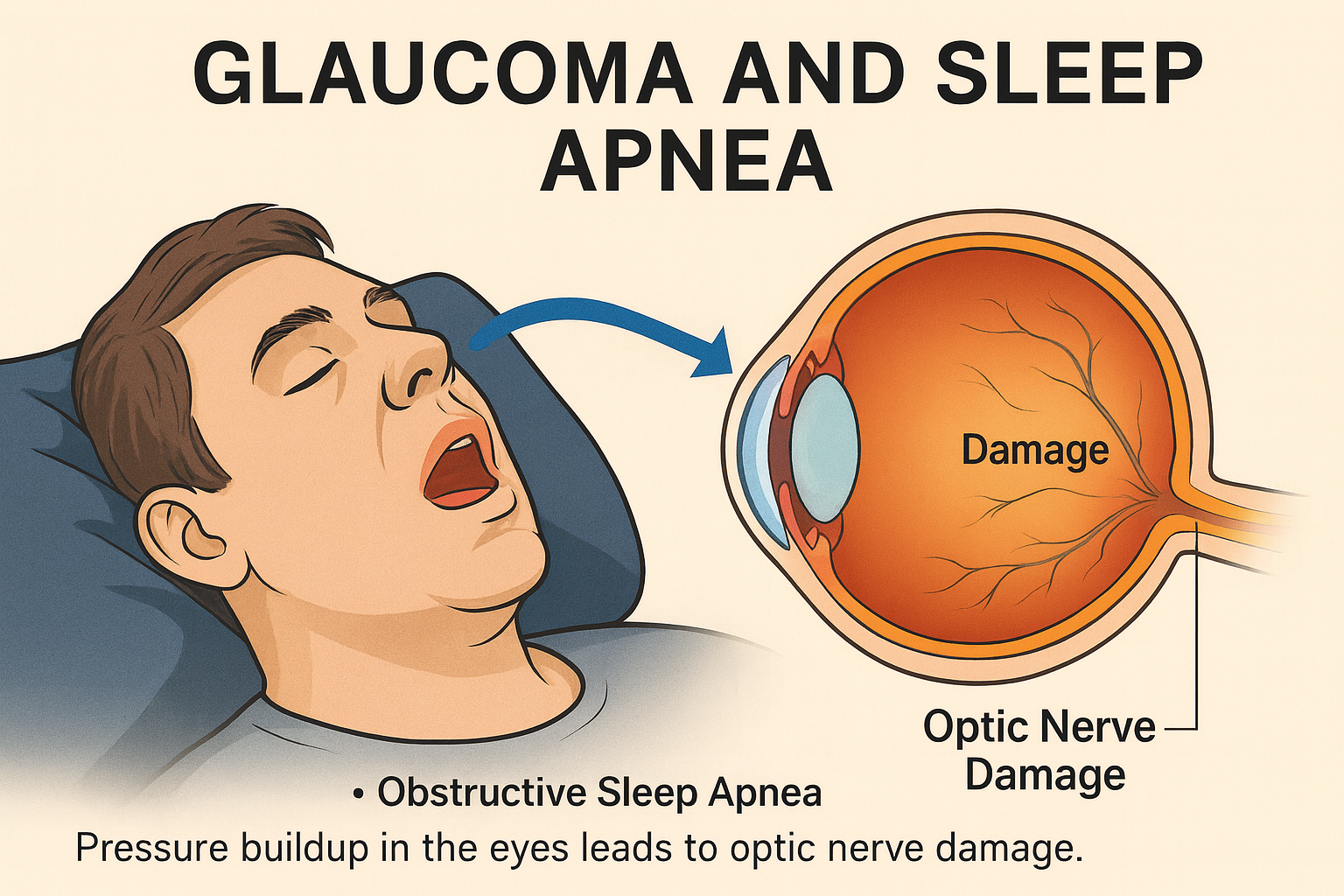

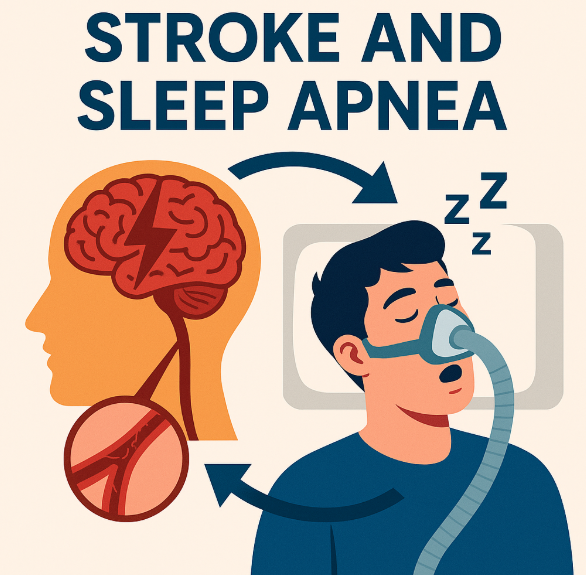
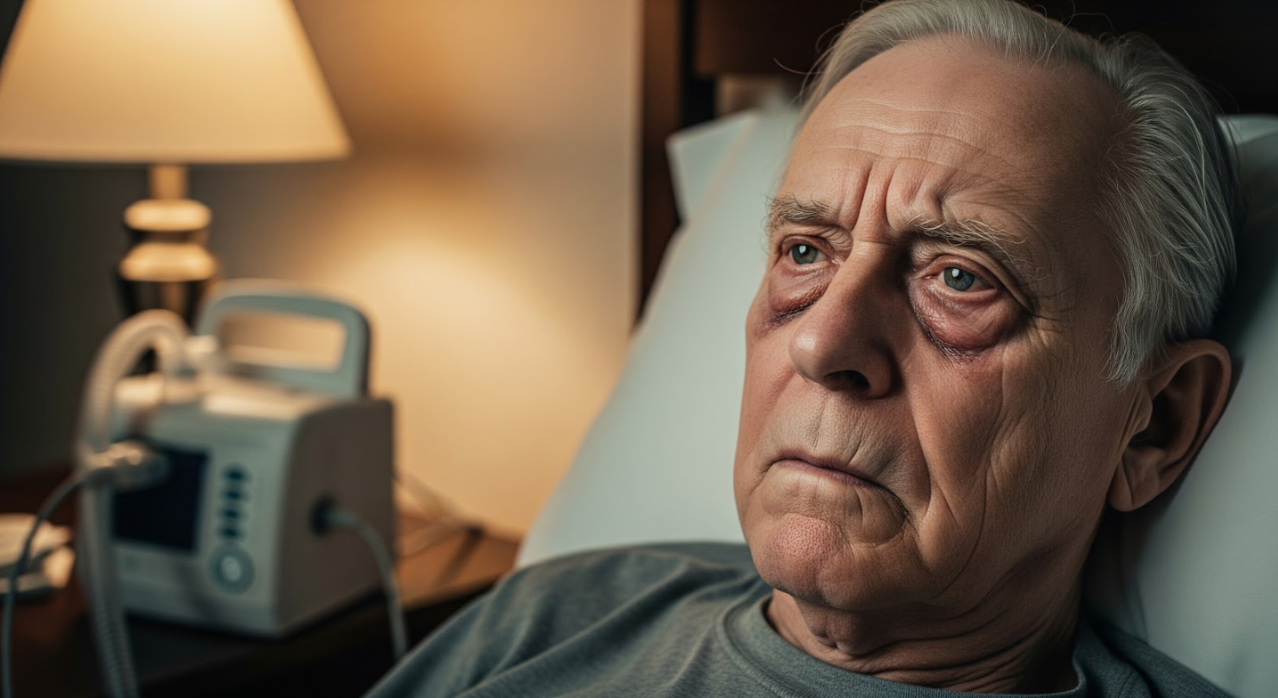
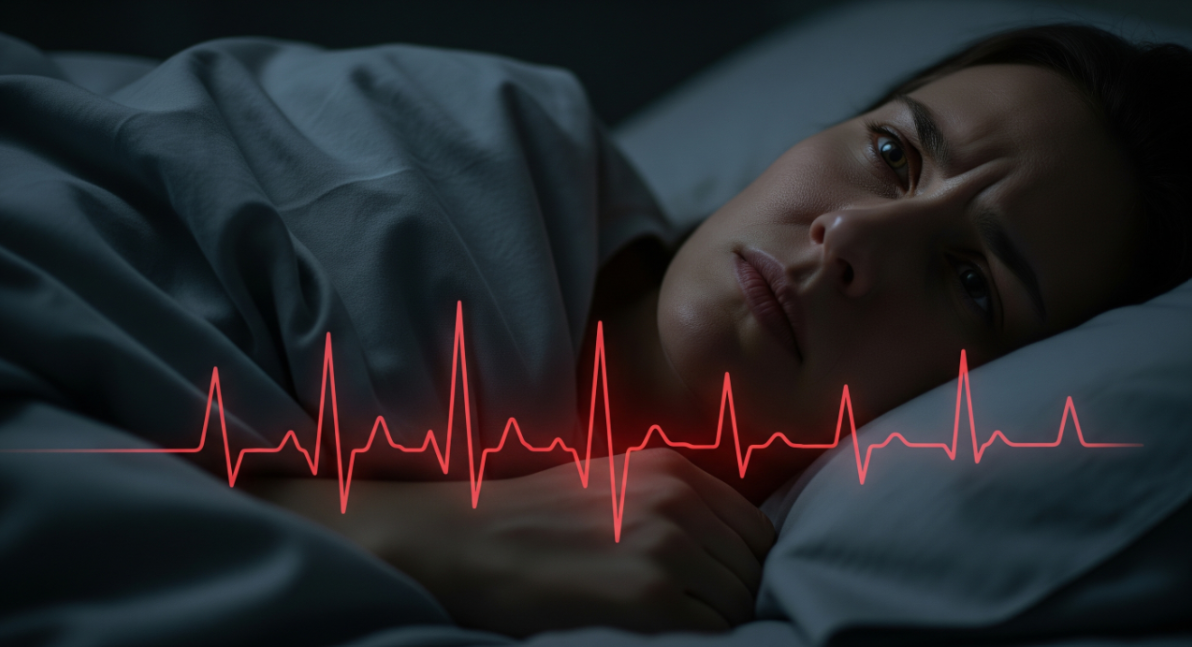






























































%20thumbnail.jpg)
.png)